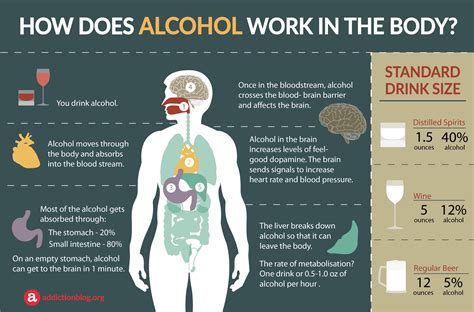
The Impact of Alcohol On Our Sleep shouldn’t not be look with a staring eye rather with all our eyes widely opened.

After a demanding, stressful day, sipping on a glass of wine with dinner or having a brief drink before bed might be a cool way to decompress. However, scientists believe these practice are more detrimental than beneficial. Let’s delve into the impact of alcohol on our sleep.
Alcohol has been demonstrated to interfere with our natural sleep cycle, decreasing REM sleep in the first half of the night and, boosting light sleep and waking in the second, even though a nightcap may help you fall asleep more quickly.
“REM sleep, or rapid eye movement sleep, occupies about 20% of a typical night’s sleep, increases throughout the night, and is the state of sleep from which dreams most commonly arise,” says Jared Saletin, a professor of psychiatry and human behaviour at Brown University.
Follow us on socials → Telegram | X/Twitter | Facebook | WhatsApp |WhatsApp Channel |Mobile App
“REM sleep has been connected to emotional management, mental health, memory processing, and creativity, even if its precise roles are uncertain. These facets of our lives may suffer if we get less or different REM sleep.”
READ ALSO- 10 Ways to Create A Positive Mindset
A recent Ph.D. graduate from Brown University, Katie McCullar is a post-doctoral fellow in neurology at Harvard Medical School. Added that, “REM deficit has been associated with learning and memory impairment and mood disturbances to name a few.”
“We are still exploring the full range of effects that REM sleep deficit may cause,” she further stated.
 Chart that shows how alcohol works in our body
Chart that shows how alcohol works in our body
McCullar, Saletin, and their Brown colleagues investigated the effects of alcohol on the structure of our sleep and how these effects can compound over time in a recent study published in the journal Sleep.
The researchers enlisted 30 adult volunteers to spend three nights in a row with their brain activity monitored as they slept to investigate these impacts. Each person participated in the experiment twice but received a different pre-bed beverage. One experiment involved giving them a mixer; the other involved giving them alcohol and the same mixer one hour before the experiment’s end.
Follow us on socials → Telegram | X/Twitter | Facebook | WhatsApp |WhatsApp Channel |Mobile App
“The repeated night design of our study was novel,” stated Saletin. It was intriguing that the shifts in sleep continued over several nights when a drinking binge existed before each one. It didn’t appear like sleep “adapted.”
Consistent with other research, drinking alcohol before bed was linked to a cumulative, significant reduction in REM sleep.
Even small amounts of alcohol—less than two drinks for men and less than one drink for women—can reduce the quality of sleep by as much as 9.3%, according to the Sleep Foundation.
The study’s first author, McCullar, stated, “We examined relatively low levels of alcohol (targeting the legal limit of 0.08) and still discovered quite an effect.”
“We do not know if there is a safe amount to drink without altering sleep,” Saletin continued. The answer to this following query is crucial. Future research ought to consider how consumption rates, including those deemed to be “under the legal limit,” affect these impacts.
Naturally, this does not imply that a single, isolated Friday night drink will ruin your sleep schedule. “Although our study indicates that alcohol impacts sleep architecture, it is important to note that the brain has the ability to compensate for a night or two of bad sleep, so a drink or two every now or then is (most likely!) okay,” McCullar stated.
Follow us on socials → Telegram | X/Twitter | Facebook | WhatsApp |WhatsApp Channel |Mobile App
The research team hopes that their findings will contribute to public health messaging about the dangers of drinking right before bed. “Sleep is critical for so many aspects of our mental and physical health,” Saletin stated.
“I hope our study raises awareness of the significant ways in which our everyday routines—such as the custom of drinking in the evening—may affect our ability to sleep. I hope that the work we do keeps people conscious of the importance of obtaining a good night’s sleep.”
To have more indepth understanding about this subject, please visit here
Culled From



